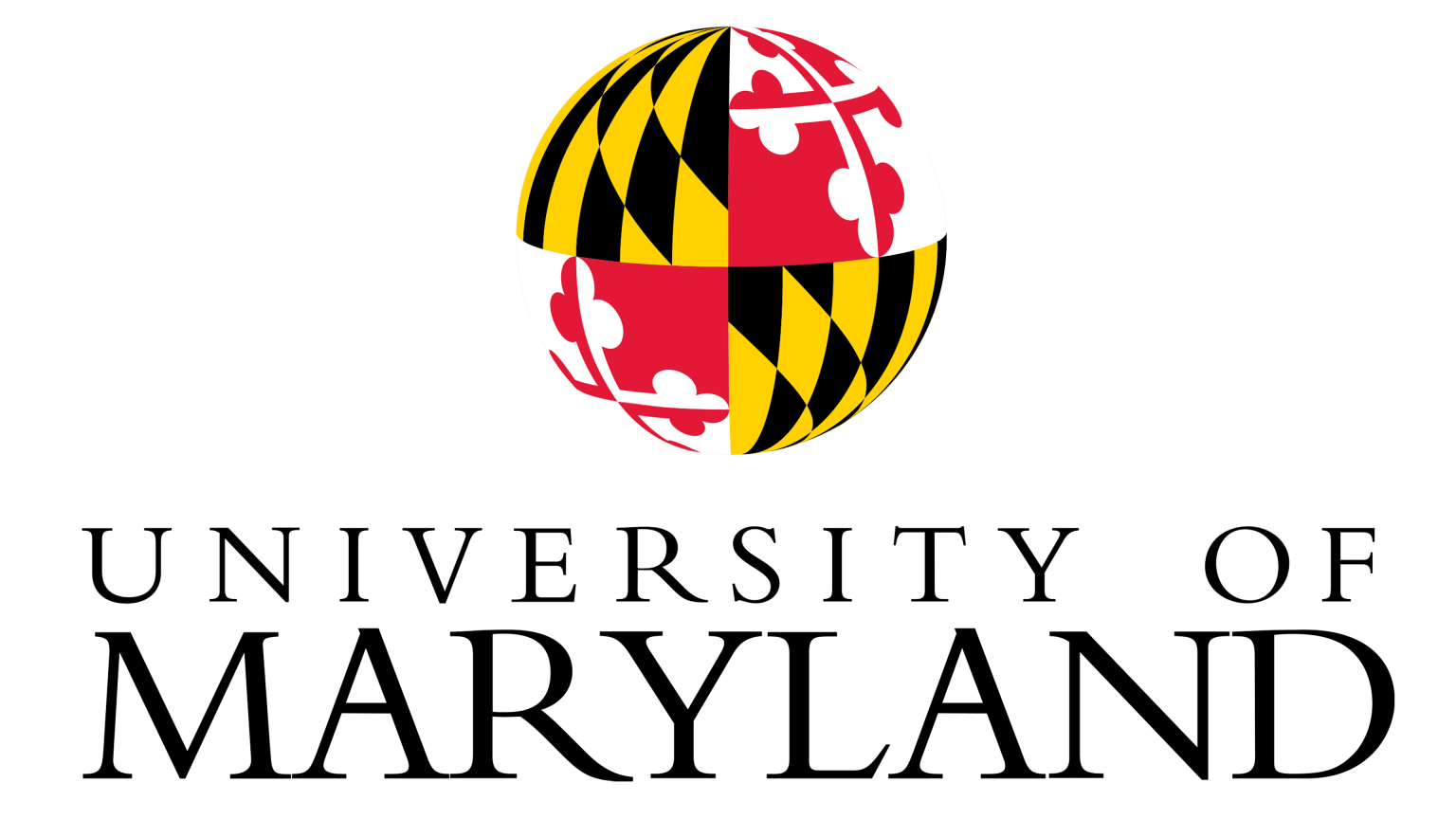Toolkit for aligning values in promotion and tenure
This toolkit is intended to provide a roadmap to make it easier for people to change how they approach faculty assessment, thereby enabling more faculty members to pursue research projects for the public good. This is an excellent example of how changes can be made to the promotion and tenure system to better recognize and reward HIBAR projects.
A brief description of the toolkit
It has long been recognized that transparent and accessible knowledge enhances scientific integrity and enables greater participation by collaborators outside of academia. However, promotion and tenure guidelines often do not reward collaborative and open publishing practices, which often prevents faculty members from pursuing research projects for the public good.
The University of Maryland’s Department of Psychology tackled this problem. As Department Chair, Prof. Michael Dougherty championed and led a multi-year effort to develop and implement a new policy that explicitly codifies open science as a core criteria in tenure and promotion review. He was committed to rewarding work that was made broadly available without barriers, but recognized it would be a culture change that required time. In April 2022, the department adopted the new policy, aimed at empowering faculty members to do research in the way that they want to do it, and on the topics that energize them.
The successful adoption of this new policy presented an opportunity to push more broadly for enduring systemic change, to ensure that incentives for advancement reflect the values of faculty members and their institutions. A toolkit was developed to support the efforts of individuals who recognize the issues with the current academic rewards system and wish to address those issues through formal policy development, but don’t know where to start.
This toolkit is intended to provide a roadmap to make it easier for people to change how the approach faculty assessment. The aspirational goal of this effort is to create a community department chairs who are interested in leading reform efforts in their own department, recognizing that real change requires a community of dedicated people. It is proving challenging to develop this community, since it requires people to agree with the need for reform and to commit to do something about it. The “and” part is the hard part – people are busy and they find the barriers daunting. The toolkit provides actionable resources that focus more on the benefits of the reform efforts rather than the barriers to them.
This strategic action can encourage cross-sectoral co-leadership & shared decision-making:
- An inclusive university broadens both who participates in the production of knowledge and who benefits from that knowledge;
- Transparency, honesty, and openness are key values inherent in universally accepted principles of research integrity;
- Access and accessibility are core principles of the academic and research missions. Broadening who has access to scholarship and education material and making those materials accessible to diverse audiences locally, nationally, and globally;
- Universities recognize that solutions to complex problems benefit from involving diverse voices;
- Universities value research that addresses real-world societal issues relevant to communities of interest, as well as contributions to basic science; and
- Universities value intellectual risk-taking and innovation.
By better aligning incentives with these core values, many more faculty members and those outside of academia can participate in the research process through HIBAR projects.
This strategic action directly contributes to various common institutional priorities, including:
HIBAR projects enable university-based researchers and non-academic researchers and practitioners to work together on projects that strengthening commitment to research excellence and also greatly accelerate progress toward solving society’s critical problems, since co-produced research outcomes are more likely to be translated to benefit society in the long term.
Community Engagement
HIBAR projects involve deep partnerships with individuals in external organizations, often in locally-based industries, governments, non-profits, and communities. This inclusion helps build long-lasting relationships with people and organizations holding diverse knowledge and perspectives, and increases future community-engaged activities and solutions.
